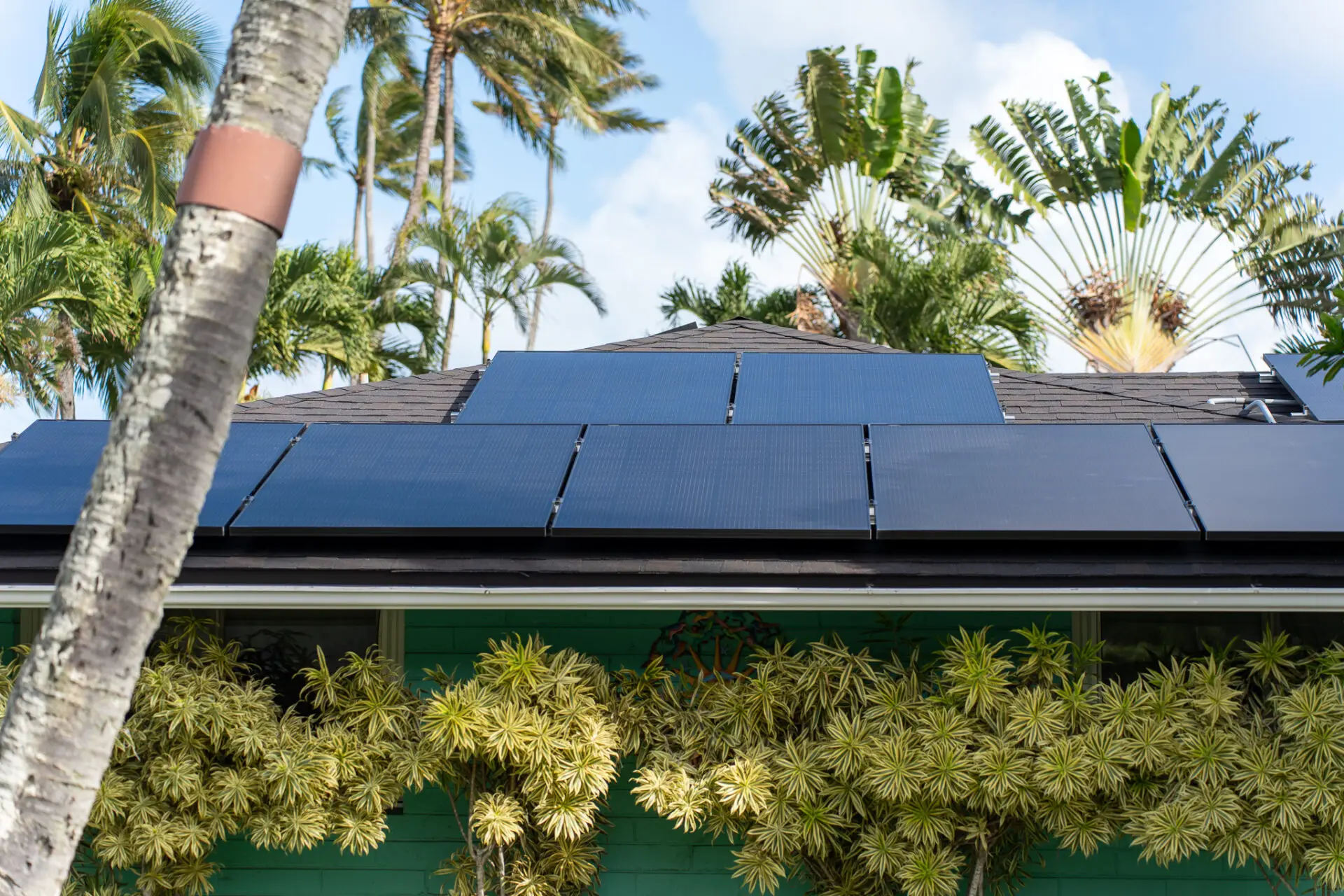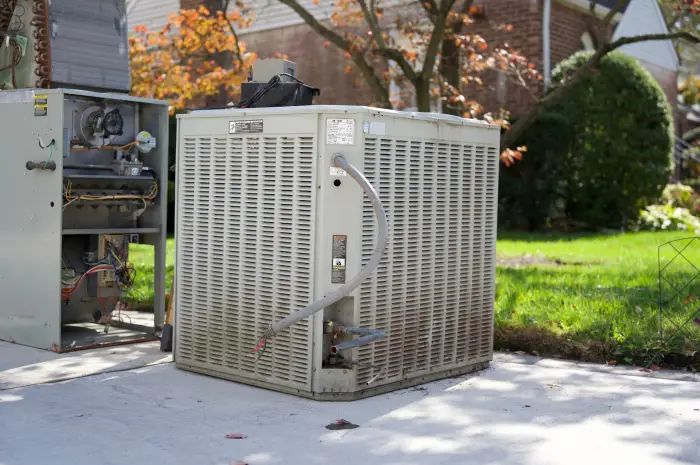Switching to solar energy is a smart move for both the environment and your wallet. However, the initial investment can be daunting. Luckily, numerous federal, state, and local incentives are available to help offset the costs. These programs, including tax credits and rebates, can make your solar dreams a reality. Let’s explore how you can maximize these incentives to reduce your financial burden and accelerate your transition to solar energy.
Federal Solar Energy Incentives
The federal government offers several robust incentives to promote solar energy adoption. These incentives are designed to make renewable energy more accessible and affordable for homeowners and businesses alike.
Federal Investment Tax Credit (ITC)
The Federal Investment Tax Credit, commonly known as the ITC, is one of the most significant incentives available for solar energy systems. As of 2024, the ITC allows homeowners to deduct 30% of the cost of installing a solar energy system from their federal taxes. This credit applies to both residential and commercial solar installations and can significantly reduce the overall cost of your system.
For instance, if your solar installation costs $20,000, you could receive a solar tax credit of $6,000, effectively lowering your out-of-pocket expenses to $14,000. It is important to note that the ITC percentage is set to decrease in the coming years, so it’s advisable to take advantage of this incentive sooner rather than later.
Modified Accelerated Cost-Recovery System (MACRS)
For businesses, the Modified Accelerated Cost-Recovery System (MACRS) offers another valuable incentive. MACRS allows businesses to depreciate the value of their solar energy equipment over a five-year period, providing significant tax savings. Additionally, a bonus depreciation provision allows for a substantial percentage of the system’s cost to be depreciated in the first year.
State Incentives for Solar Energy
State governments also offer various incentives to encourage solar energy adoption. These incentives vary widely by state, so it’s essential to research the specific programs available in your area.
State Tax Credits
Many states offer their own solar tax credits for solar energy installations. These credits can be claimed in addition to the federal ITC, further reducing the overall cost of your solar system. For example, New York offers a state tax credit of up to 25% of the total system cost, capped at $5,000 for residential installations.
Solar Renewable Energy Certificates (SRECs)
Some states have implemented Solar Renewable Energy Certificate (SREC) programs. SRECs represent the environmental benefits of generating solar energy and can be sold or traded to utility companies. This creates an additional revenue stream for solar system owners, making solar investments even more attractive.
Performance-Based Incentives (PBIs)
Performance-Based Incentives (PBIs) pay solar energy system owners based on the amount of electricity their system generates. Unlike tax credits or solar rebates, PBIs provide ongoing payments over several years, incentivizing efficient system performance. States like California and New Jersey offer robust PBI programs to reward solar energy production.
Local Incentives for Solar Energy
In addition to federal and state programs, many local governments and utilities provide incentives to encourage solar adoption. These incentives can include solar rebates, grants, and other financial benefits.
Local Rebates
Local rebates can significantly reduce the upfront cost of installing solar panels. These rebates are often offered by municipal utilities or local governments and can vary greatly in amount. For example, some cities in California offer rebates of up to $1,000 per kilowatt of installed solar capacity.
Property Tax Exemptions
Property tax exemptions for solar energy systems can prevent your property taxes from increasing due to the added value of your solar installation. Many states and localities offer full or partial property tax exemptions, making solar investments more financially appealing.
Sales Tax Exemptions
Sales tax exemptions can also reduce the cost of purchasing a solar energy system. By exempting solar equipment from state sales tax, these incentives lower the overall expense of going solar. Several states, including Florida and New Jersey, provide sales tax exemptions for solar energy systems.
How to Take Full Advantage of Solar Energy Incentives
Navigating the array of solar energy incentives can be challenging, but with careful planning and research, you can maximize your benefits. Here are some steps to help you make the most of available incentives:
Research Incentives in Your Area
Start by researching the specific incentives available at the federal, state, and local levels. Websites like the Database of State Incentives for Renewables & Efficiency (DSIRE) offer comprehensive information on various programs and can be a valuable resource.
Consult with a Solar Energy Professional
Working with a reputable solar energy company like ATTYX can help you navigate the incentive landscape. ATTYX professionals are knowledgeable about the latest incentives and can assist you in identifying and applying for relevant programs. They can also provide detailed cost-benefit analyses to help you understand the financial implications of your solar investment.
Plan Your Installation Timing
Timing can be crucial when it comes to solar incentives. Some programs have expiration dates or decreasing benefits over time. Planning your installation to take advantage of current incentives can maximize your savings.
Keep Detailed Records
Maintaining detailed records of your solar installation costs, including receipts and invoices, is essential for claiming tax credits and rebates. Proper documentation ensures you can accurately claim your incentives and avoid potential issues during tax filing.
The transition to solar energy is a smart investment for both your wallet and the environment. By taking advantage of the numerous federal, state, and local incentives available, you can significantly reduce the cost of your solar energy system. From the Federal Investment Tax Credit (ITC) to local rebates and property tax exemptions, these programs are designed to make solar energy more accessible and affordable.
Remember, working with experienced professionals like those at ATTYX can help you navigate the incentive landscape and ensure you maximize your benefits. With the right support and planning, you can embrace solar energy and contribute to a more sustainable future while enjoying substantial financial savings.





